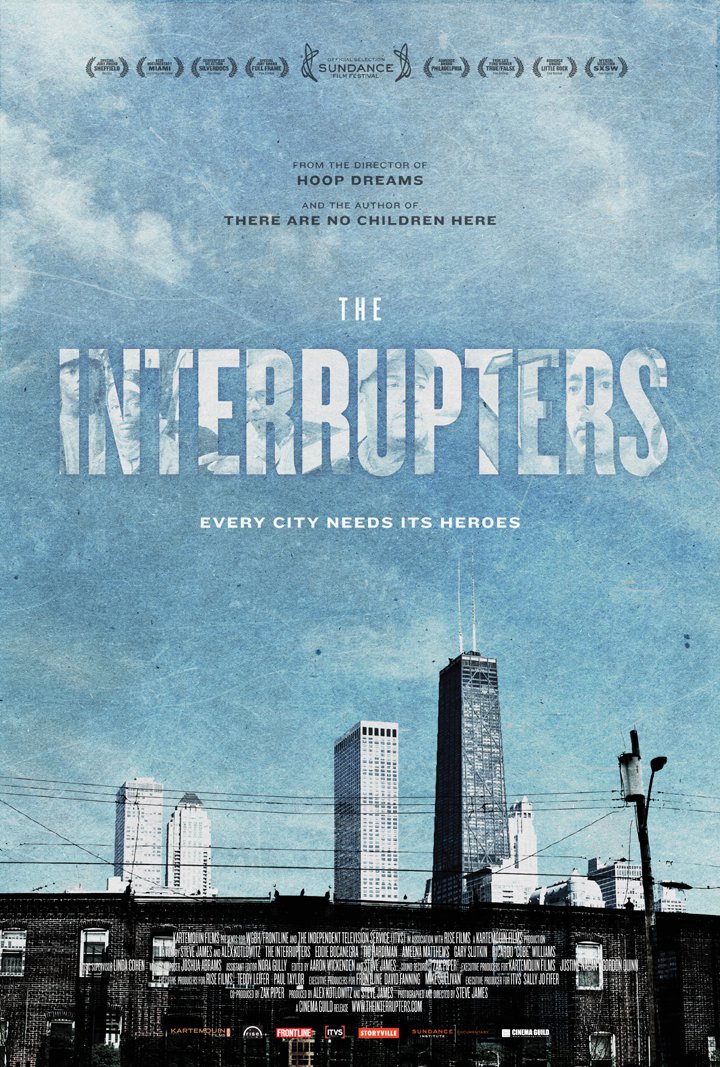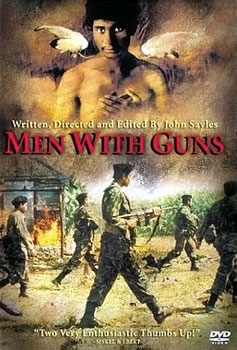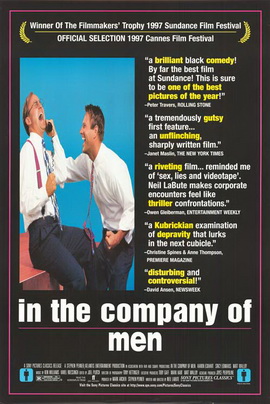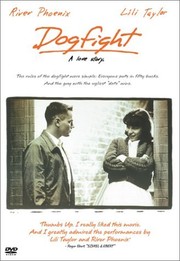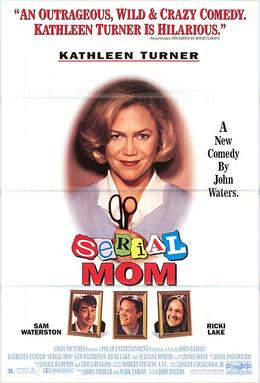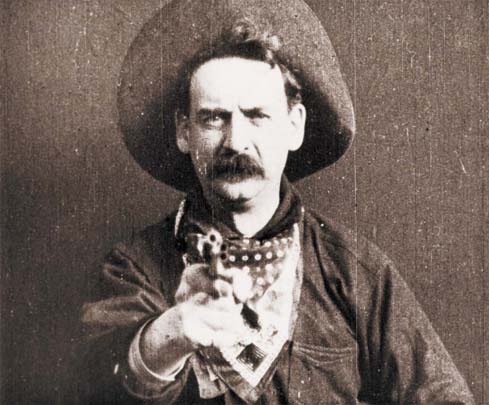Imagine this headline: Study Finds Women Commit 98% of all Mass Shootings. The opposite is true, but if it were the case, what questions would we ask? If it were women gunning down children in schools, prayer groups in churches, people in movie theaters, how might we react? Would news organizations describe them as “shooters” or “female shooters”?
The reversal mind game sharpens our perceptions and helps pierce the veil that protects men as a class. So inured are we to male violence, we consider it obvious, inevitable. Plainly, not all men engage in violent intimidation, and some women do, but the most overt common denominator in gun violence – that its perpetrators are usually male – is too often overlooked as a subject for critical analysis. Can we stop gun violence without understanding men? A few filmmakers have taken on the challenge.
A must-see film on the subject of gun violence is the 2011 documentary The Interrupters. Directed by Steve James (Hoop Dreams, Life Itself) with a screenplay by Alex Kotlowitz (There are No Children Here), this film can be easily accessed on Frontline.org. It’s long at 2 hours, 42 minutes, but can be viewed in sections and is well worth the time. “The Interrupters” tells the story of the organization CeaseFire, an amazing effort in Chicago (that unfortunately closed recently due to cuts in Governor’s Rauner’s budget). Founded by epidemiologist Gary Slutkin, M.D., CeaseFire takes a behavioral approach to stopping gun violence. Slutkin, who treats violence as a disease, explains that when people who have a grievance decide that violence is justified in response, that link must be interrupted. The film profiles “interrupters,” adults who themselves committed violent acts in their pasts and faced incarceration, as they counsel, confront, and ultimately curb violence. This film shows that it is possible to change our circumstances, but it takes courage, commitment, organization, and funding. “The Interrupters” may be five years old, but remains completely relevant.
John Sayles has an excellent film, Men with Guns (1997) that critiques violent intimidation without making the audience witness it. We feel the tension of its presence and the see the pitiful after-effects, but rather than stimulate us, the devastating abuse of power is questioned and not taken as a given. Set in Latin America, filmed in Mexico, and based on a short story by Francisco Goldman, Sayles tells a specific story, even incorporating indigenous languages, but brings universality to the film’s themes. Men with Guns, like all of Sayles’ films, is intelligent, thoughtful, and artful. And despite being 18 years old, it remains sadly resonant with today’s world.
For a scathing look at an angry, misogynist male psyche, see Neil LaButte’s 1997 In the Company of Men, usually described as a dark comedy. Two men who feel aggrieved by women plot to take advantage of a deaf woman. LaButte wrote this story first as a stage play, and that comes through in the film. It’s not visually compelling, but the ideas will keep you uncomfortably spellbound.
The plot reminded me a 1991 film by Nancy Savoca, Dogfight, in which River Phoenix plays a character who invites Lili Taylor to dinner as part of a secret competition between men to see who can bring the ugliest date. Bob Comfort wrote the screenplay.
John Waters’ 1994 Serial Mom, a satirical comedy, uses reversal and hyperbole to make its point. Kathleen Turner plays a picture-perfect suburban mother who resorts to violence in defense of her family. Hey! That’s a father’s role! Right?
Frederick Marx (Hoop Dreams) a Uni High and UIUC graduate, combines filmmaking with social activism. In 2011, through Warrior Films, Marx released Boys to Men?, a documentary about growing up male in America. Currently, Warrior Films is working on Rites of Passage, both a film-in-progress and an organization with a curriculum bent on creating a healthier society. Check out warriorfilms.org.
Edwin Porter’s 1903 film, The Great Train Robbery, ends with a man pointing a gun directly at the-audience. Original audiences freaked out and cowered, still new to moving pictures and the way they imitate real perceptions. Of course, they quickly realized the ruse. Since then, the presence of guns on screen has become ubiquitous, and each of us has to learn the same lesson – it’s not real. But now, it seems, we have more, terrible lessons to learn about guns in movie theaters.
On July 23rd, Jillian Johnson and Mayci Breaux each went to the movies with friends to see a new comedy starring Amy Schumer. In Trainwreck comedian Schumer, who wrote the film, plays a reversal game of her own, creating a female character who loves coitus but not cuddling, buff men but not box scores. Movie theaters are a kind of sanctuary. We fantasize in the dark letting our minds open and our guards down. No doubt Mayci and Jillian were prepared to laugh. But twenty minutes after the lights went down, John Russell Houser sent bullets into their bodies and left them lifeless. He killed them. For real. No joke. WTF?
Houser, the male shooter, was a regular on a TV show in the 1990’s. Calvin Floyd, former host of the TV show, Rise and Shine, said, Houser “…had an issue with feminine rights. He was opposed to women having a say in anything.” Houser, according to Floyd, “railed against women in the workplace and advocated violence against people involved in abortions.” Floyd said of Houser, “He was very entertaining. He made for good TV.”
When we surrender at the movies, we want it to be to the story on screen. Let’s not throw our hands in the air just yet.

